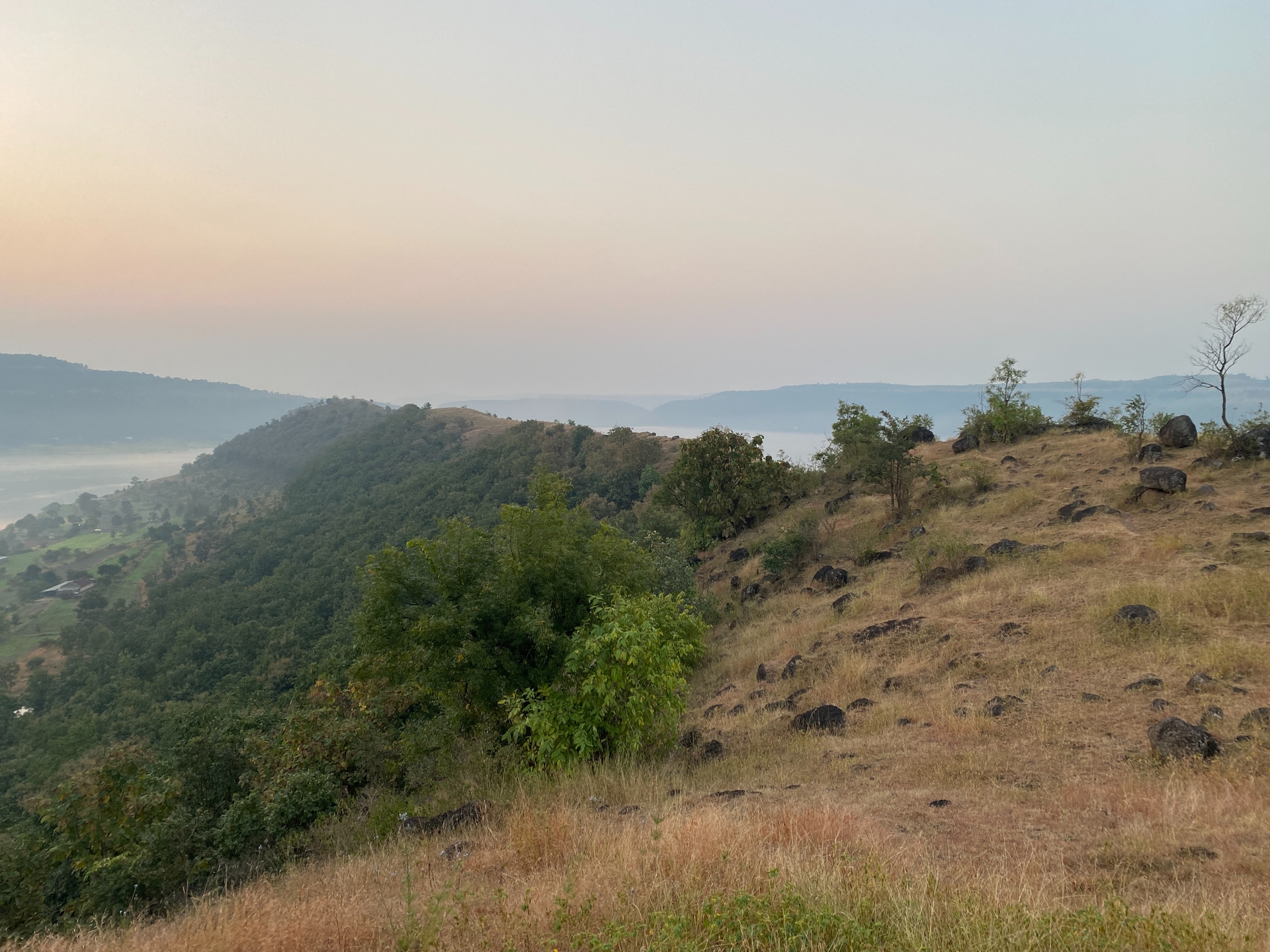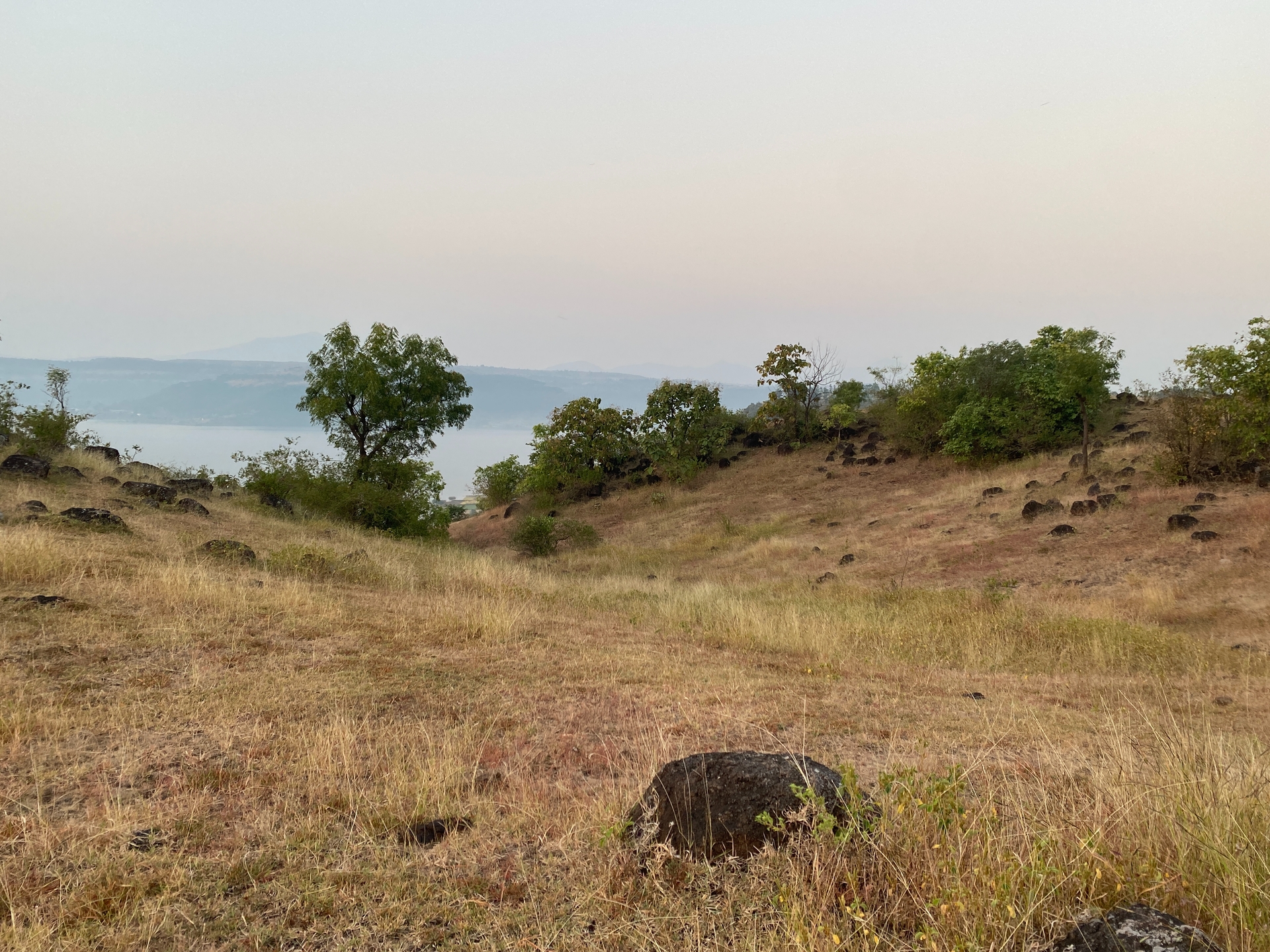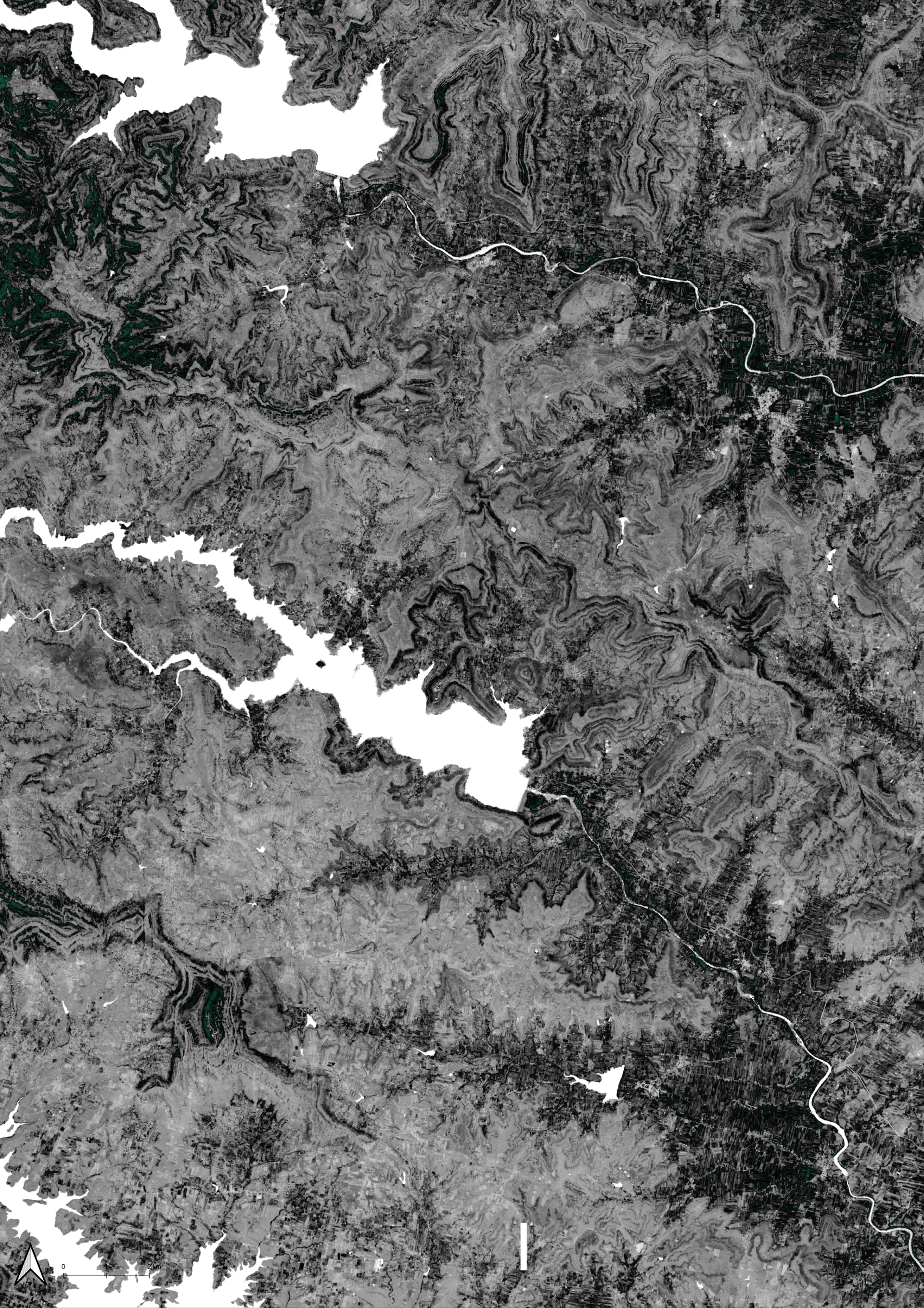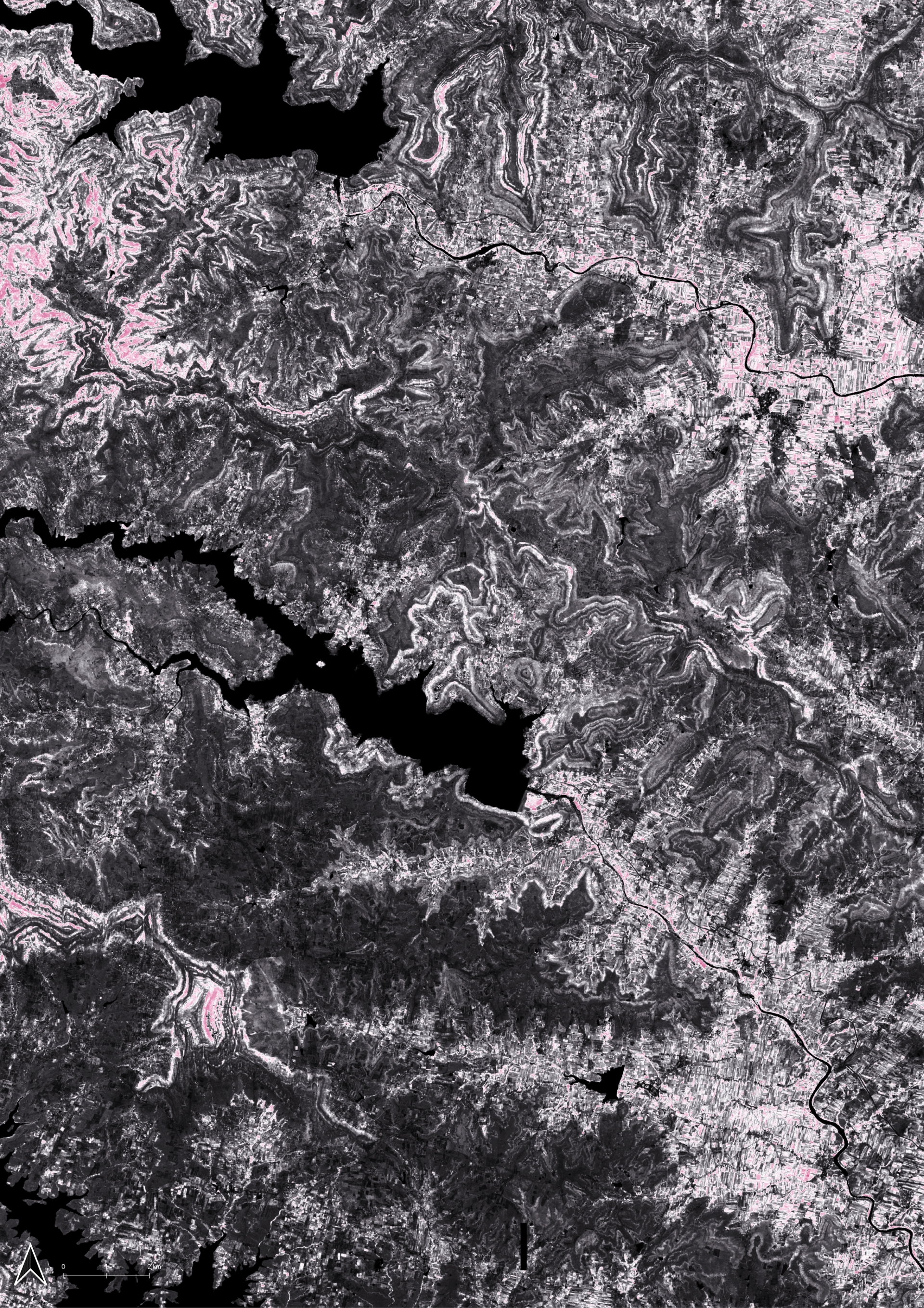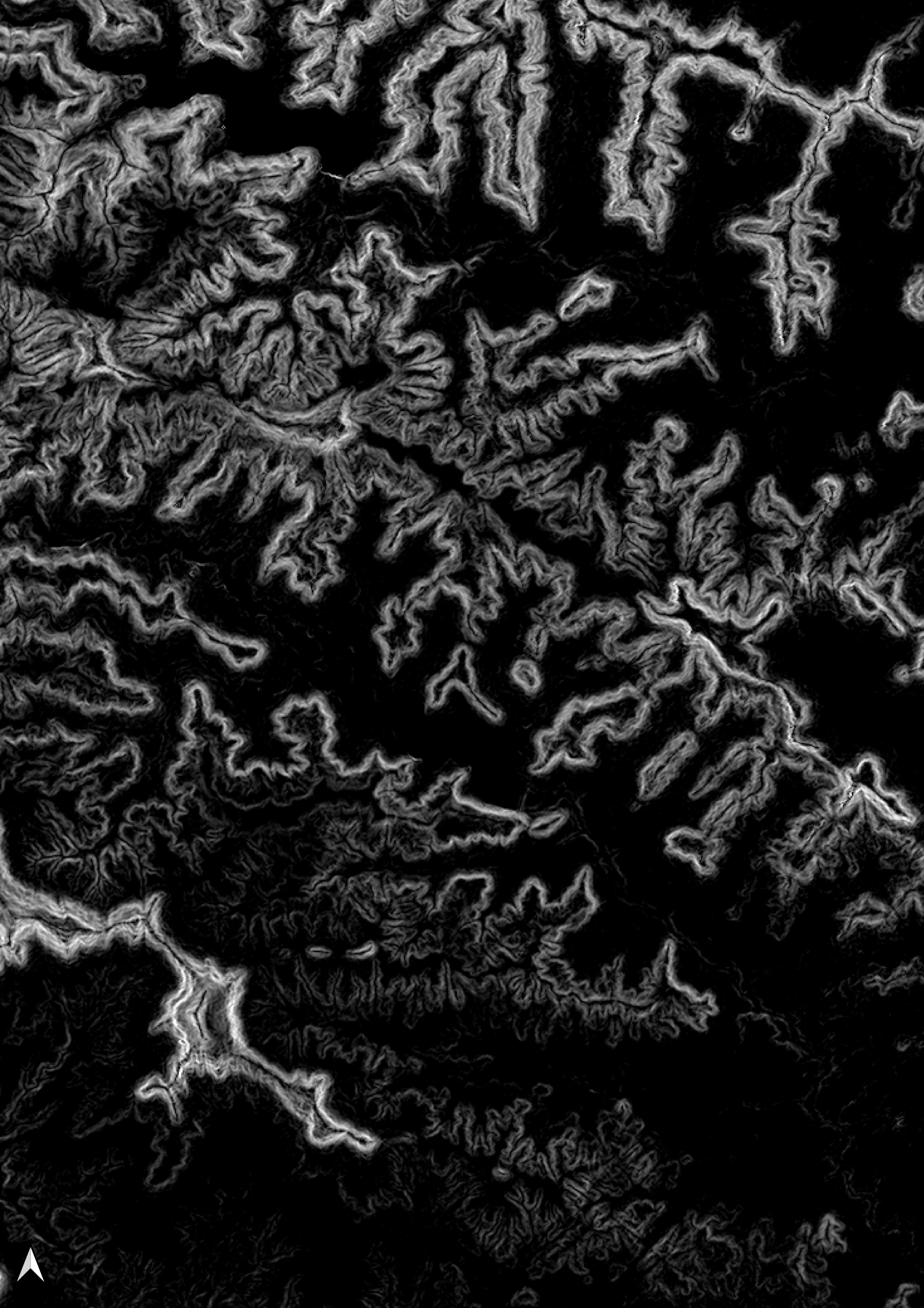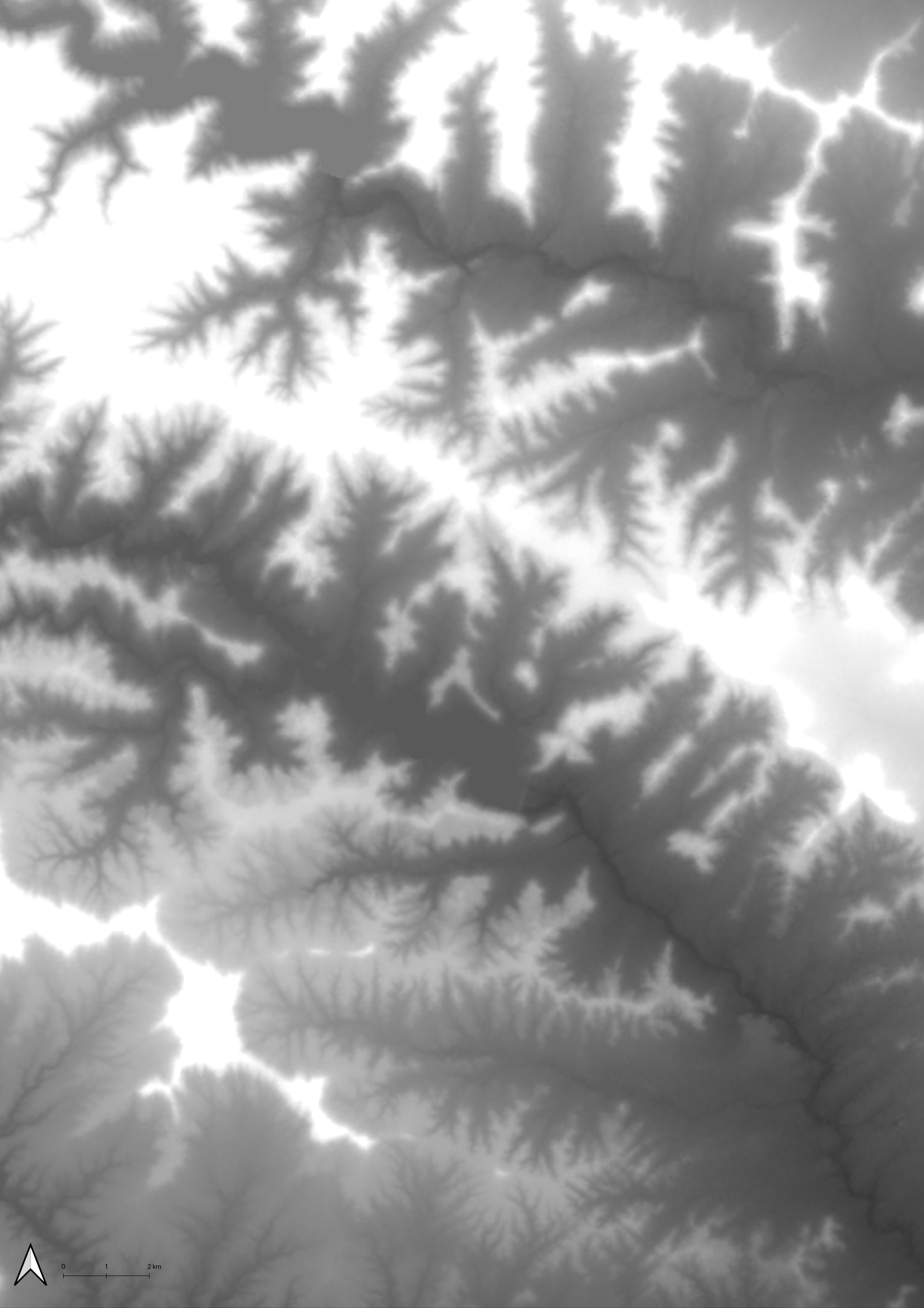Afforestation Plan - Tiwai Hills
Pune, Maharashtra
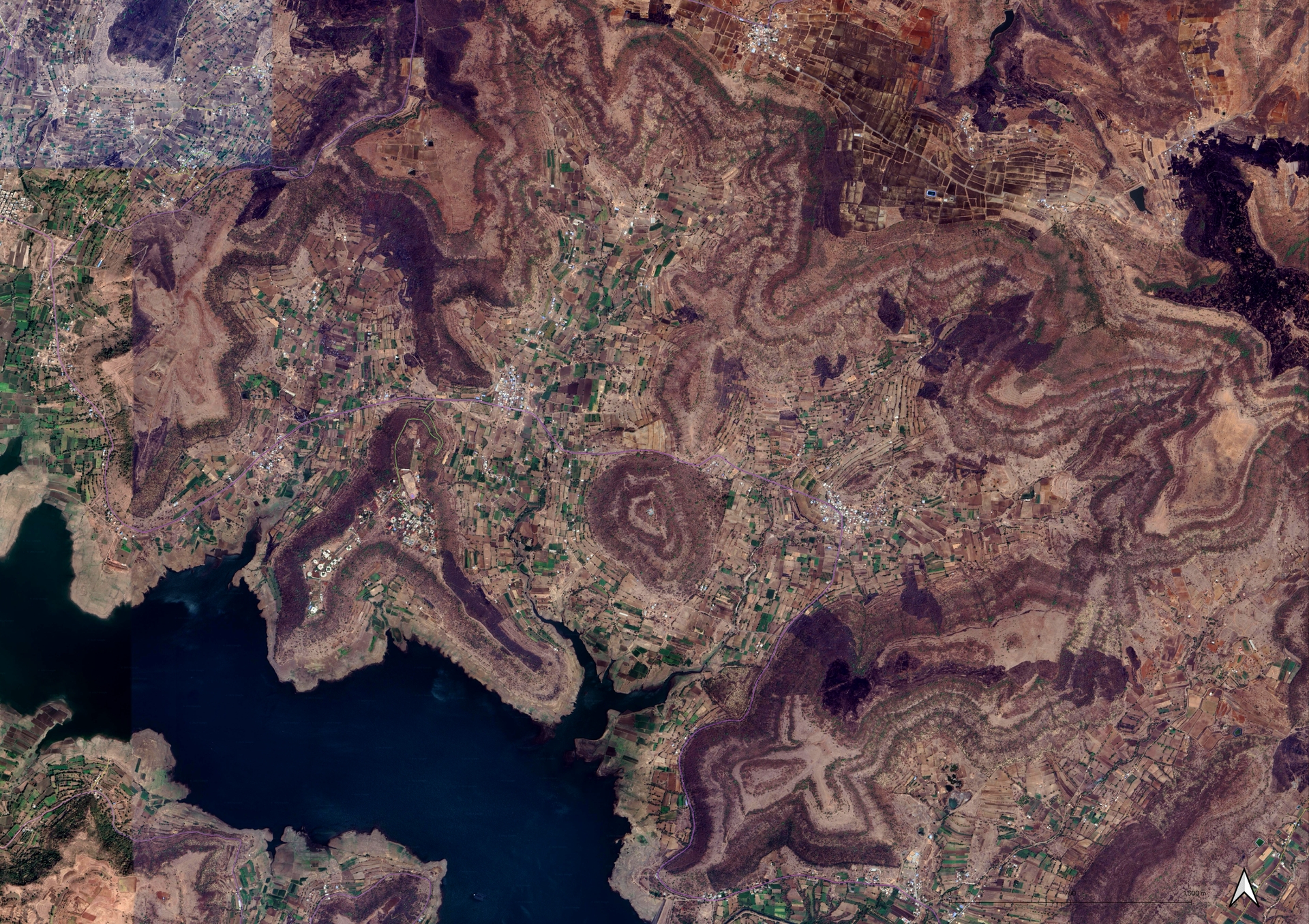
The Afforestation Programme in the Tiwai Hills region is an initiative aimed at revitalizing the local ecosystem through sustainable forest management practices. By integrating large scale remote analysis, the project seeks to restore ecological balance, enhance biodiversity, and ensure long-term environmental resilience. With a focus on water and biomass management, the programme works towards creating a regenerative landscape that benefits both the environment and the local stakeholders.
The overarching objective of this Afforestation Programme is to accelerate the transfer of forest conservation, protection, management, and development responsibilities to district and regional Joint Forest Management Committees (JFMCs). It seeks to restore and enhance natural processes by fostering greater ecological and biological diversity and implementing robust water and biomass management strategies. These measures aim to curb erosion, boost soil productivity, and promote groundwater recharge.
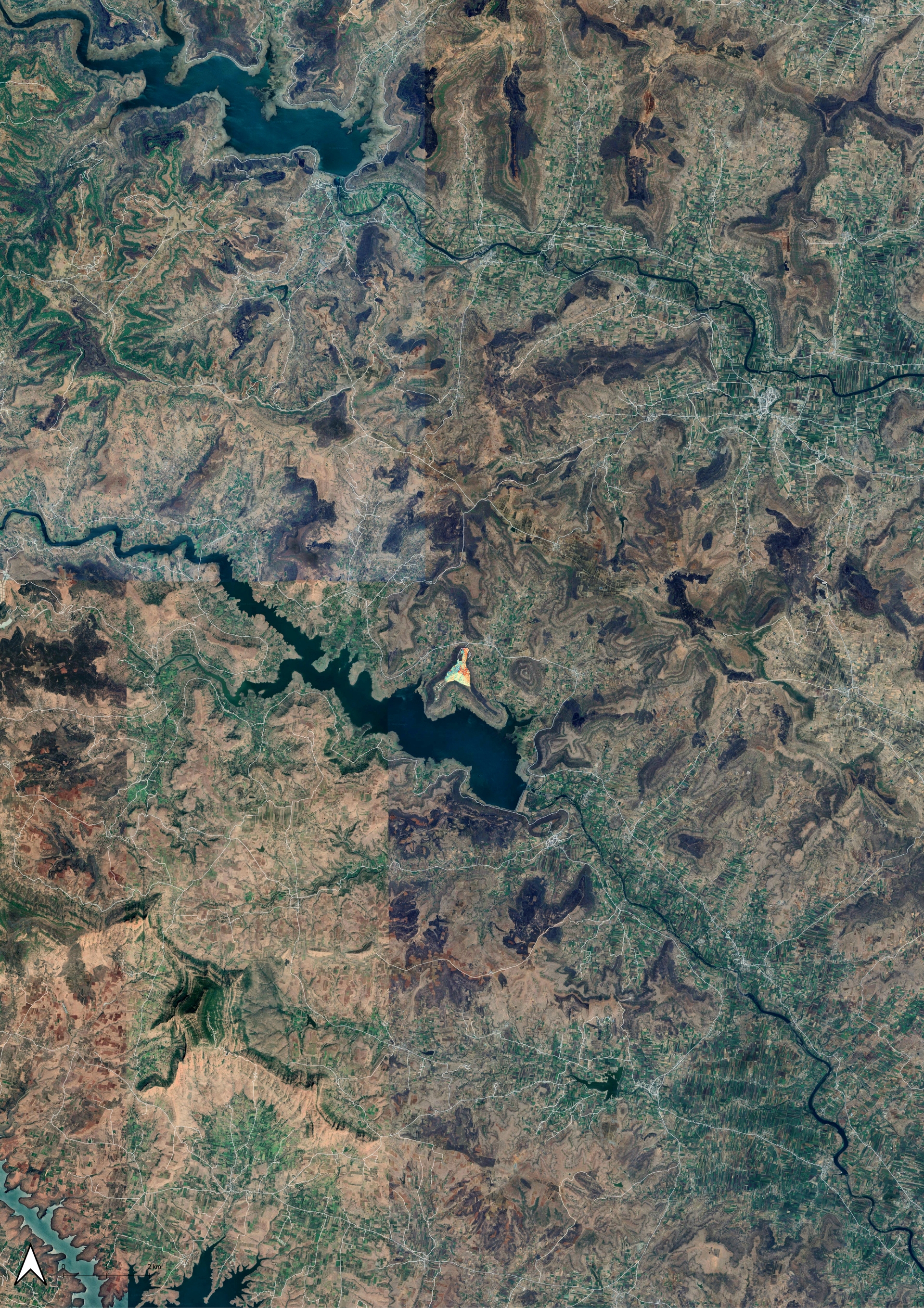
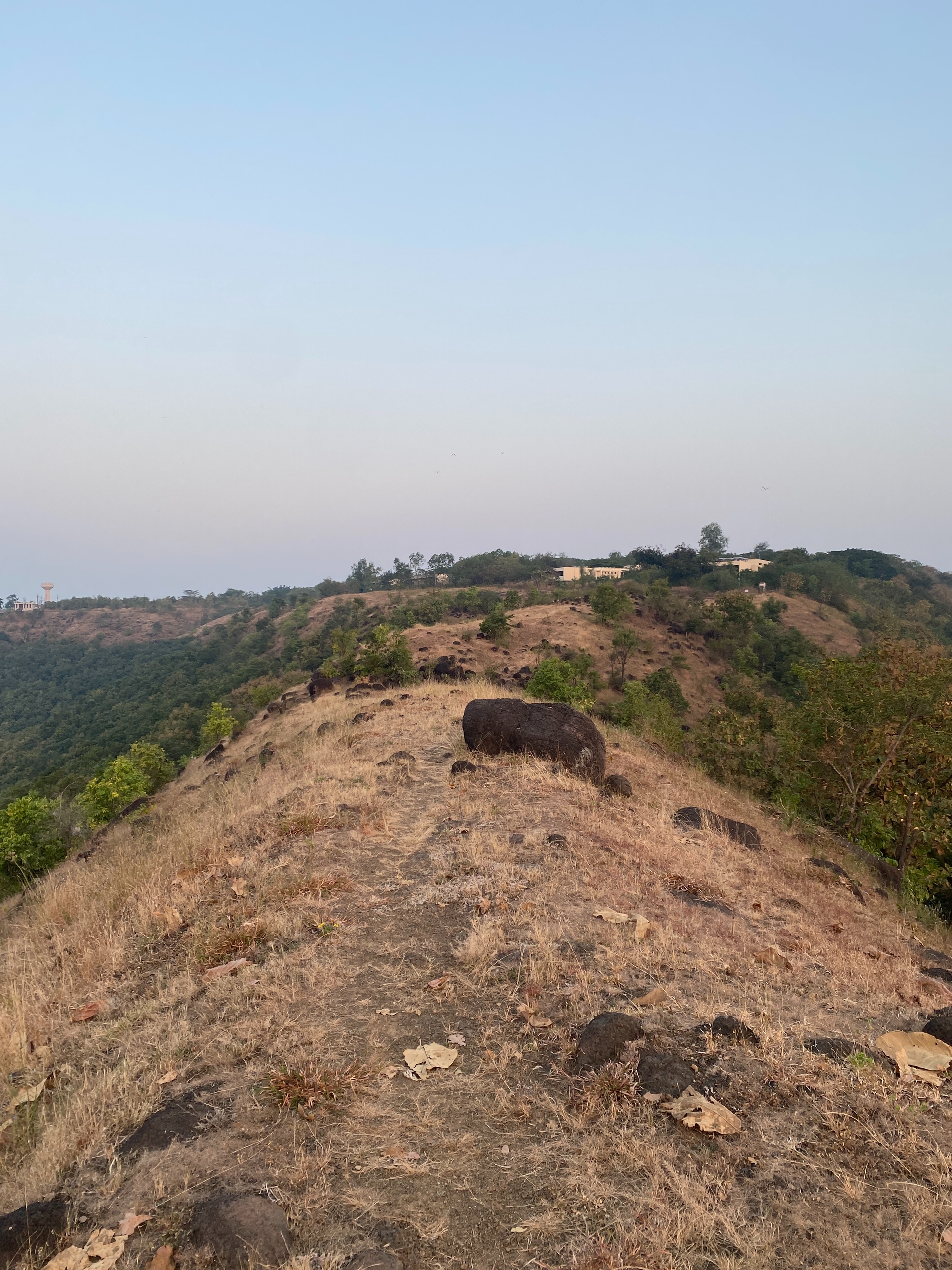
Leveraging remote sensing and GIS technologies, the programme meticulously maps and analyzes factors such as elevation, drainage, and vegetation density. This detailed analysis will underpin broader conceptual strategies for water and land management, guiding future plantation efforts and species selection to revitalize and sustain the region’s dynamic ecosystem.
Centered on the Tiwai Hills region at the northwest margin of Pune in Khed taluka, the project spans a landscape of diverse habitats. From flat rocky outcrops and open grasslands to thickets, dry deciduous forests, scrubs, and managed plantations, the area’s varied geological features nurture a rich tapestry of native vegetation. In recent years, non-native species introduced through forest department plantations and subtle topographical changes from nearby institutional expansion have altered this diversity.
